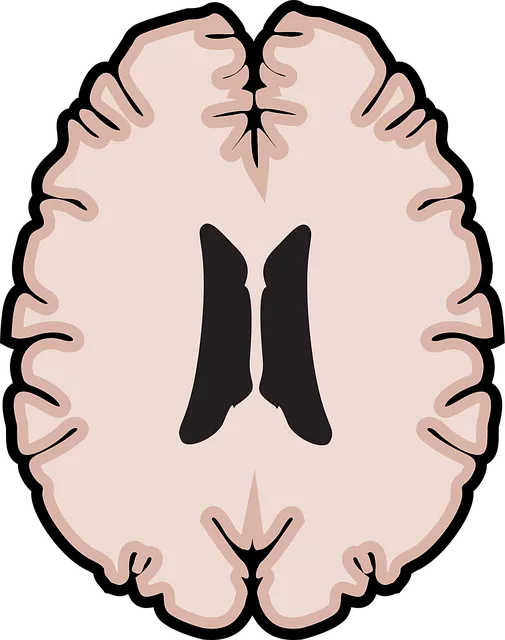Mental health advocacy initiatives, like those seen at the Kaiser Permanente mental health facility in Louisville, are reshaping societal attitudes through public awareness campaigns and programs like anxiety relief techniques and burnout prevention. Their patient-centered approach, comprehensive services, and community engagement strategies have significantly improved mental health outcomes, setting a benchmark for accessible care. Through workshops and education, these initiatives destigmatize mental illness, empower individuals with coping skills, and foster an inclusive atmosphere that promotes holistic well-being in Louisville.
Mental health advocacy initiatives play a pivotal role in shaping supportive communities. This article explores the profound impact of such efforts, highlighting successful models like Kaiser Permanente’s mental health facility in Louisville, known for its accessible care. We delve into effective strategies for community engagement and education, offering insights into how advocacy can transform lives. Understanding the significance of mental health advocacy is key to fostering inclusive societies, with Louisville’s initiative serving as a compelling example.
- Understanding the Impact: Unveiling the Significance of Mental Health Advocacy
- Kaiser Permanente Louisville: A Model for Accessible Mental Health Care
- Community Engagement and Education: Strategies for Effective Mental Health Advocacy Initiatives
Understanding the Impact: Unveiling the Significance of Mental Health Advocacy

Mental health advocacy initiatives play a pivotal role in shaping public perceptions and fostering supportive environments for those facing mental health challenges. By increasing public awareness campaigns and promoting depression prevention, these efforts aim to destigmatize mental illness. The impact of such initiatives is profound, as they empower individuals to recognize and manage their moods effectively, leading to improved overall well-being.
For instance, the Kaiser Permanente mental health facility in Louisville serves as a testament to the success of advocacy. Through comprehensive programs and services, the facility provides a safe haven for individuals seeking support. By integrating education, therapy, and community outreach, these initiatives ensure that people have access to resources tailored to their unique needs, ultimately contributing to enhanced mental health outcomes across the community.
Kaiser Permanente Louisville: A Model for Accessible Mental Health Care

Kaiser Permanente Louisville stands as a shining example of accessible mental health care, revolutionizing services in their community. This mental health facility prioritizes patient-centered care, offering comprehensive solutions tailored to individual needs. Beyond traditional therapy, Kaiser Permanente Louisville integrates innovative Mental Health Education Programs Design, fostering an environment that addresses the holistic well-being of both patients and healthcare providers. By engaging in Anxiety Relief techniques and implementing Burnout Prevention Strategies, the facility ensures a supportive ecosystem conducive to recovery and sustainable mental health management. Their approach has significantly improved access to care, transforming lives and setting a benchmark for other healthcare institutions.
Community Engagement and Education: Strategies for Effective Mental Health Advocacy Initiatives

Community engagement and education are powerful tools for mental health advocacy initiatives, as they foster a supportive environment where individuals can openly discuss their experiences and gain valuable insights. By hosting workshops and seminars at local Kaiser Permanente mental health facilities in Louisville, for instance, advocates can provide platforms for learning and sharing. These sessions could cover topics like conflict resolution techniques, self-esteem improvement, and building resilience. Engaging the community in this way not only increases awareness about mental health issues but also equips participants with practical skills to manage their well-being and support others.
Effective advocacy initiatives should aim to break down barriers associated with mental health by normalizing conversations and educating the public. Encouraging open dialogue can help reduce stigma, allowing individuals to seek assistance without fear of judgment. Moreover, community engagement strategies can lead to better understanding and empathy, fostering an inclusive atmosphere that promotes mental health for all.
Mental health advocacy initiatives, as highlighted by Kaiser Permanente’s accessible care model in Louisville, play a pivotal role in fostering communities that prioritize well-being. By engaging and educating folk, these programs dispel stigma and ensure everyone has access to quality mental healthcare. Embracing strategies that focus on community involvement is key to creating lasting change, mirroring the transformative power seen at the Kaiser Permanente mental health facility in Louisville.






